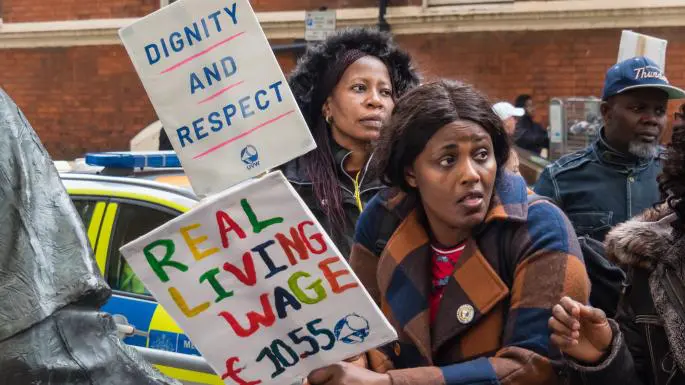National minimum wage legislation is not being enforced strongly enough, according to a report, which has found that more than a quarter of workers on the lowest salaries are still being underpaid.
Although reports of non-compliance had been falling for about 15 years, they started to rise again after the introduction of the living wage in 2016, the Resolution Foundation said. In that year, one in five workers were being underpaid, but this has since risen to one in four.
Researchers said that it was imperative for the government to get a grip on the problem, with increases in the living wage soon to bring a greater number of workers under the legislation’s remit.
At present the living wage is £8.21 per hour for those aged over 25. The government has pledged to increase the rate to £8.72 from April, a rise of 6.2 per cent.
There has been a sharp rise in the number of low-paid workers cheated of wages. An estimated 11,000 firms failed to pay the minimum wage in 2018-19, according to analysis of official figures by the Resolution Foundation thinktank. However, HM Revenue and Customs inspectors identified only 1,456 of the lawbreakers and there are fears an inflation-busting rise in the minimum rate in April may tempt more employers to break the rules.
About one in five workers aged over 24 was paid below the legal minimum in 2016, but that rose to one in four last year with about 365,000 people missing out.
The think tank’s researchers pointed out that although HM Revenue & Customs can levy penalties worth up to 200 per cent of wage arrears for non-compliance, the average in 2017-18 was about 90 per cent. “Given this level of penalty, firms would need to believe they had a one-in-two chance of being detected for this to be an effective deterrent,” the foundation said. Even at 200 per cent, a detection rate of one-in-three would be needed, it said.


